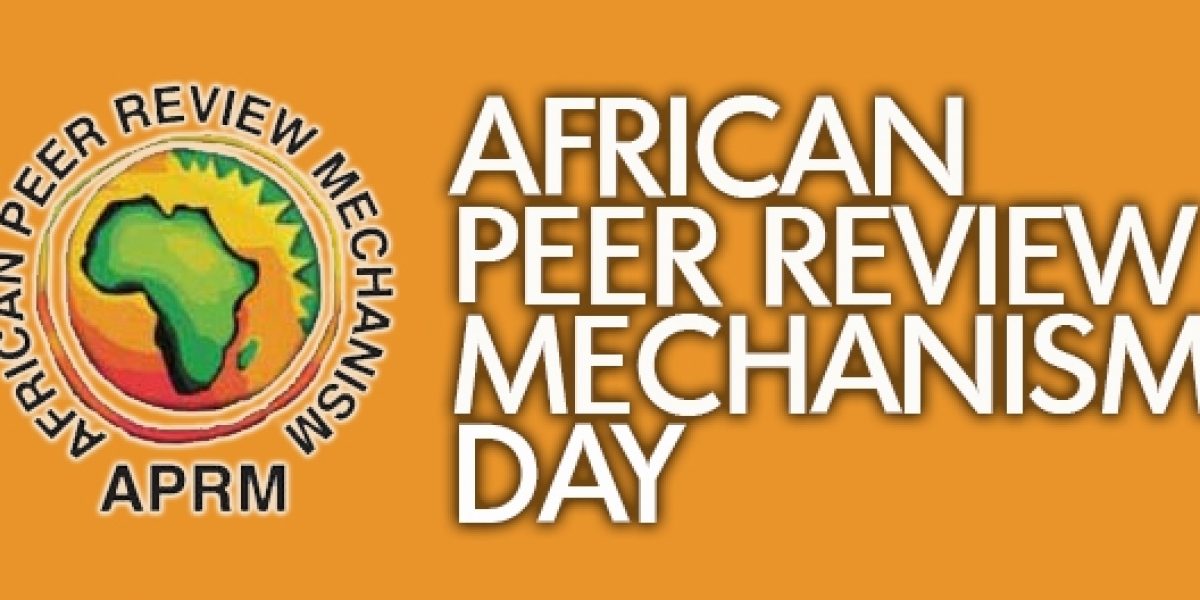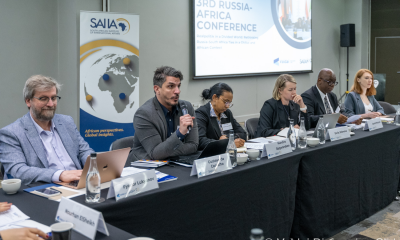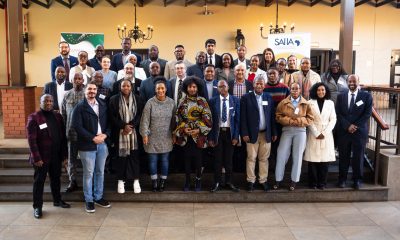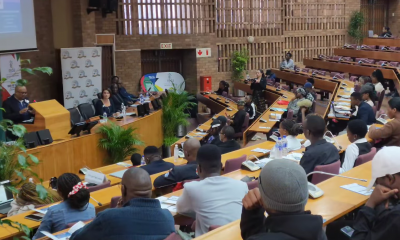This anniversary commemorates the meeting in Abuja, Nigeria in 2003 that officially inaugurated the APRM, and saw the voluntary accession of the first member states.
The tally is now up to 35 countries, with Côte d’Ivoire being the latest to join in January 2015.
A key question that has been asked since the APRM’s inception is whether the process should remain voluntary, or become compulsory for all 54 member states of the African Union, in order to raise the level of good governance for all on the continent. A new policy brief by SAIIA Research Fellow Terence Corrigan argues strongly that the African Peer Review Mechanism Must Remain Voluntary.
The briefing explains that forcing all African states to join the APRM would be a mistake, as it is precisely the voluntary commitment to undergo review that imbues the process with credibility, and its successes will serve to attract more members. It is the more open societies in Africa that have tended to accede voluntarily, and to produce frank, robust Country Review Reports that take an honest look at national governance gaps. This briefing makes the case that mandatory accession would actually undermine the mechanism.
The bigger challenge that the APRM system currently faces is driving reviews in member countries that have already acceded, rather than attracting the 19 states not yet part of it to join. Of the 35 APRM signatories, only 17 have gone through all the stages of their first review, leaving just over half that have not. Several of these countries joined more than a decade ago, but have not managed to muster the political will, momentum and the funding to complete a review. Since January 2013, there have been no new countries reviewed.
Moreover, there have been long-standing concerns that once countries have been reviewed, they fail to follow through with the necessary reforms that would correct their deficiencies. It should be the case that although accession is voluntary, going through with review should be mandatory.
As the incoming CEO of the APRM Secretariat Prof Adebayo Olukoshi takes the reins later in 2015, he should focus on getting these recalcitrant members back on track, rather than on attracting others who may not be fully committed, and risk placing a further burden on the system. This may be a challenge, against the backdrop of the political decision to incorporate the APRM more closely into the AU as an autonomous entity within the emerging African Governance Architecture.
For the APRM to prosper in this context, it must continue to produce credible and insightful governance analyses, and see greater implementation of reforms.
Download the briefing, Why the African Peer Review Mechanism Must Remain Voluntary (68.65 kB) by SAIIA Research Fellow Terence Corrigan.








